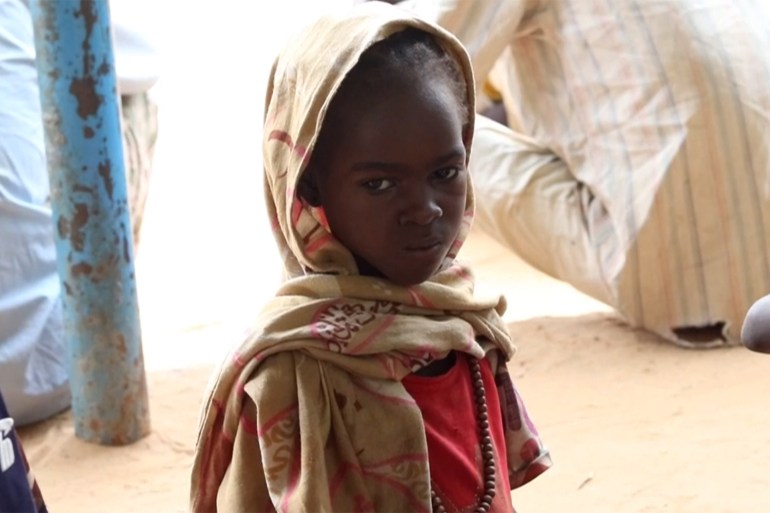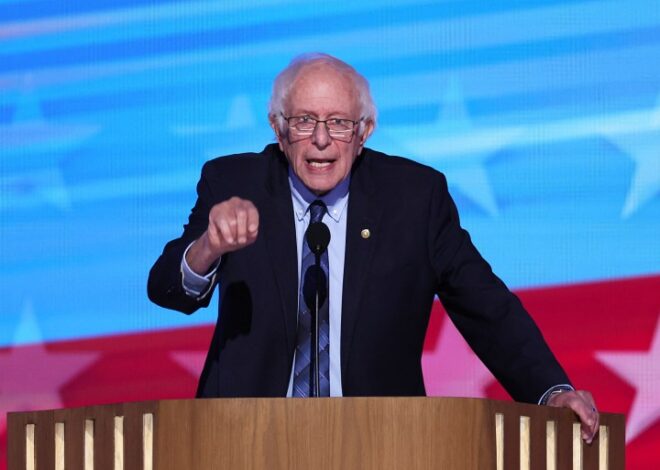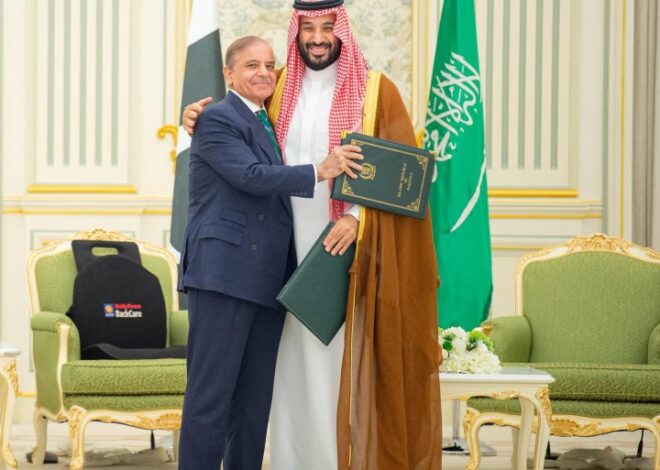
Could a US and Saudi-backed proposal lead to peace in Sudan? | Sudan war News | Al Jazeera

Prospects for Peace in Sudan: A US and Saudi-backed Initiative
The ongoing conflict in Sudan, primarily between the Sudanese Armed Forces (SAF) and the paramilitary Rapid Support Forces (RSF), has led to devastating humanitarian consequences. As international actors seek to mediate a resolution, a recent proposal backed by the United States, Saudi Arabia, Egypt, and the United Arab Emirates (UAE) aims to establish a pathway towards peace. However, skepticism surrounds the viability of this initiative, given the history of failed negotiations and deep-rooted mistrust among the conflicting parties.
The Human Toll of the Conflict
The United Nations estimates that approximately 40,000 individuals have lost their lives due to the ongoing fighting, with some research indicating that the death toll could be as high as 60,000 in Khartoum state alone. These fatalities are attributed not only to direct violence but also to the indirect consequences of war, such as starvation and disease. The humanitarian crisis has escalated to alarming levels, with nearly 13 million people displaced and millions more facing acute food insecurity. Reports indicate that famine conditions have emerged in certain areas, including Zamzam and el-Fasher, which have been besieged by RSF forces for months.
Previous Efforts at Negotiation
One of the initial attempts to mediate the conflict came from Saudi Arabia and the United States through the Jeddah Platform, which operated from May to June 2023. While there were some initial gains, the negotiations ultimately collapsed amid accusations of violations and disagreements over humanitarian aid access. Following this, further attempts were made, including talks held in Geneva in August 2024. However, these discussions also faltered, primarily due to objections from the SAF regarding the UAE’s involvement, which they accused of supporting the RSF.
The Quad Proposal
In light of the ongoing violence, the Quad countries recently unveiled a new proposal aimed at establishing a three-month humanitarian truce, followed by a permanent ceasefire and a nine-month transitional period. This transitional phase is intended to facilitate the establishment of a civilian-led government. However, the Sudanese government has expressed its reservations, stating that it welcomes efforts to end the conflict but will not accept interventions that undermine Sudan’s sovereignty or its legitimate institutions.
The Quad’s proposal also emphasizes the need to address the influence of the Muslim Brotherhood in Sudan’s future governance. The grouping asserts that the future of Sudan should not be dictated by violent extremist groups associated with the Brotherhood, which is classified as a terrorist organization by Saudi Arabia, Egypt, and the UAE.
Humanitarian Crisis and Atrocities
The humanitarian situation in Sudan continues to deteriorate, with the World Food Programme reporting that approximately 24.6 million people—half of the country’s population—are suffering from acute food insecurity. Among them, around 637,000 individuals are facing catastrophic levels of hunger. The UN has documented numerous atrocities committed by both the SAF and RSF, with the RSF being accused of “crimes against humanity,” including large-scale killings, sexual violence, and the destruction of livelihoods.
The conflict has also led to widespread human rights violations, including executions, torture, and rape, particularly in communities already grappling with the spread of diseases like cholera due to a crumbling infrastructure.
Challenges Ahead
Despite the international community’s ongoing efforts to mediate a resolution, the prospects for peace remain uncertain. The history of failed ceasefires and negotiations has fostered a climate of mutual distrust, making it challenging for either side to commit to a lasting peace. The Quad’s proposal, while comprehensive, faces significant hurdles, particularly regarding the Sudanese government’s stance on foreign intervention and the role of the Muslim Brotherhood.
The SAF, which has elements loosely aligned with the Muslim Brotherhood, remains deeply suspicious of the UAE’s involvement. Meanwhile, the RSF has yet to officially respond to the Quad’s peace plan, though reports suggest that an RSF-backed parallel government has shown some support for certain aspects of the proposal.
Conclusion
As Sudan continues to grapple with the consequences of a brutal conflict, the latest peace initiative backed by the United States and its allies may represent a critical opportunity for resolution. However, the success of this proposal hinges on the willingness of all parties to engage in genuine dialogue and compromise. The international community watches closely, hoping that this effort will lead to a sustainable peace and a brighter future for the people of Sudan.
Key Facts
– The conflict in Sudan has resulted in approximately 40,000 confirmed deaths, with estimates suggesting the toll could be as high as 60,000.
– Nearly 13 million people have been displaced due to the fighting, with millions facing acute food insecurity.
– The Quad proposal calls for a three-month humanitarian truce, followed by a permanent ceasefire and a nine-month transitional period for a civilian-led government.
– The Sudanese government has expressed concerns about foreign intervention and the role of the Muslim Brotherhood in future governance.
– The RSF has been accused of committing “crimes against humanity,” while the SAF faces accusations of supporting extremist elements linked to the Muslim Brotherhood.
Source: www.aljazeera.com


